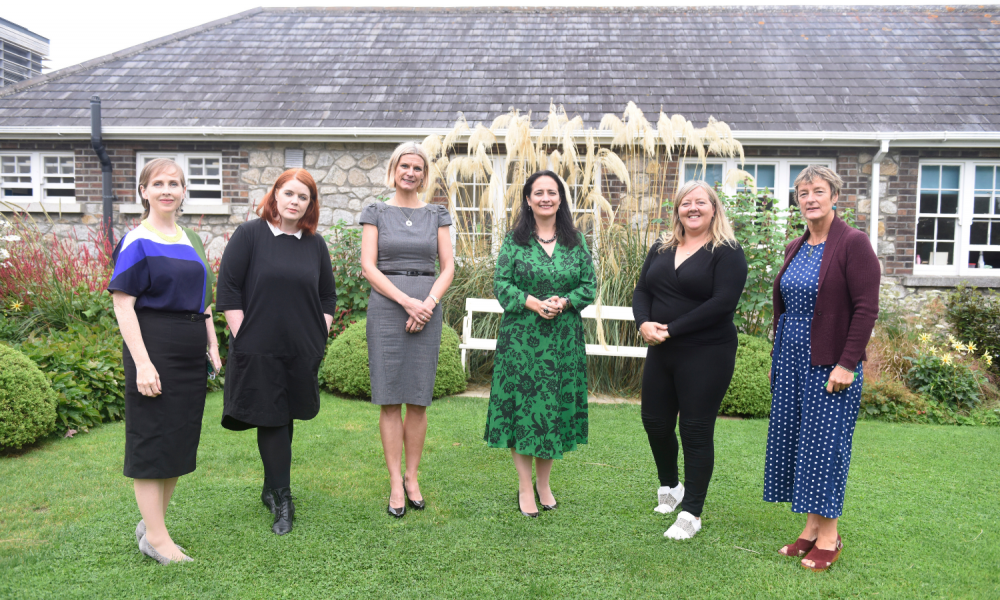‘Women are the most negatively impacted by climate, but they’re also the agents of change’ – Green Party marks International Women’s Day

Across the world, women are more vulnerable to climate change impacts than men, with women and girls representing 80 per cent of the world’s displaced population through climate related disasters and changes according to the UN.
Green Party Deputy Leader and Minister for Tourism, Culture, Arts, Gaeltacht, Sport and Media, Catherine Martin TD, stated;
“Advancing gender equality as we face the climate and biodiversity crisis is one of the biggest global challenges of this century. Women are more vulnerable than men to the impacts of climate change. They constitute the majority of the world’s poor and are more dependent on the natural resources threatened by the crisis. Climate and social justice must go hand in hand in order to improve upon the existing gender inequalities that are putting women’s lives and livelihoods at risk.
“However, while women are the most negatively impacted by climate, they’re also the agents of change. We need to encourage and support female leaders in Ireland and across the globe if we want to truly address the climate crisis.”
Minister of State for Land Use and Biodiversity Pippa Hackett said;
“The issues of climate change and sustainability will continue to have severe and lasting impact on our environment, economy and social development. Women are under-represented in politics and climate action, within Ireland and especially in countries most vulnerable to the effects of climate change. Without the inclusion of half of the world’s population, it is unlikely that solutions for a sustainable planet and gender equality will be realised.”
Neasa Hourigan TD, Green Party Spokesperson for Health added;
“There are incredible young women across the globe, who are brave enough to raise up their voices and fight for the protection of their land, for clean water and for a healthy future for their children. Women like Elizabeth Wathuti and Sonia Guajajara are demonstrating the power and importance of female voices. It’s our responsibility, not just to support them and others doing that, but to listen carefully to what they say and learn from them.”



